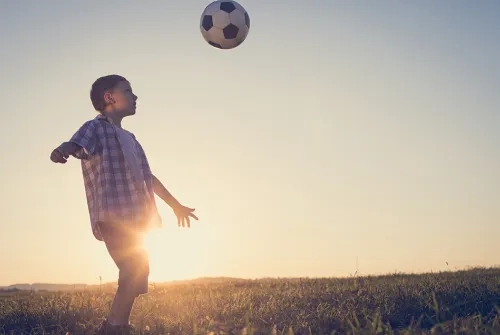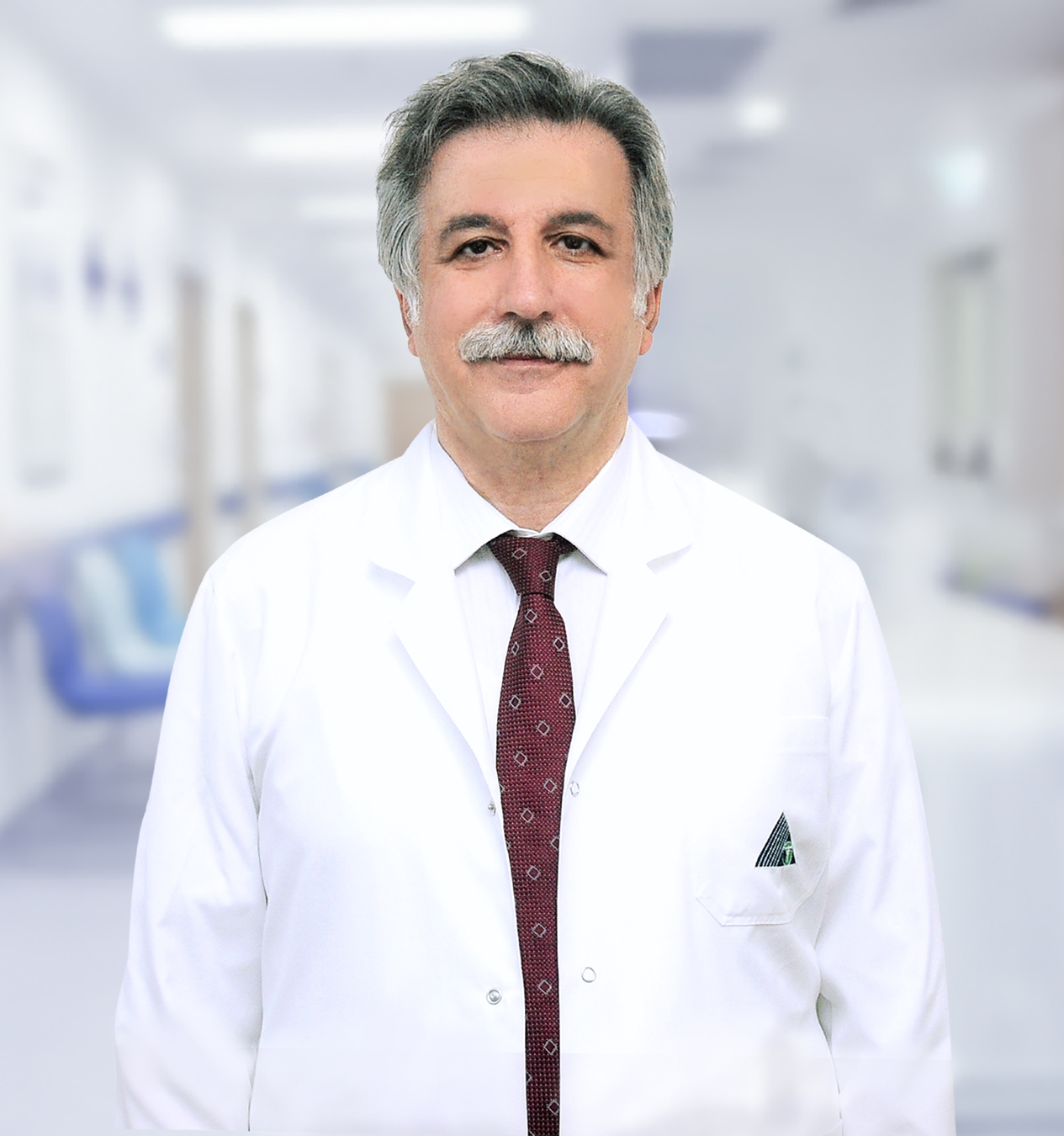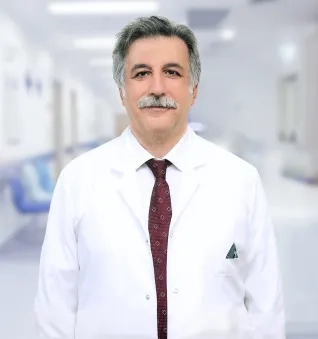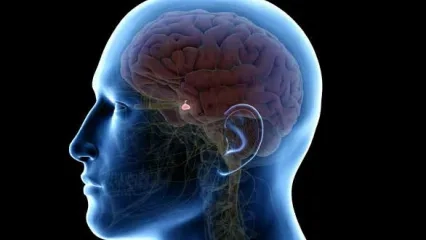Alo Yeditepe
Alo Yeditepe
Doctor Support for the Ban on Heading by Children
Yeditepe University Hospitals Medical Coordinator and Endocrinology Specialist Prof. Dr. Fahrettin Keleştemur and our Neurology Specialist supported the decision to ban heading by children under the age of 12 during training in England, Scotland, and Northern Ireland, and emphasized that it would be right for Turkey to take a similar decision.
"We Must Protect All Age Groups and Especially Children from Head Trauma."
Yeditepe University Hospitals Medical Coordinator and Endocrinology Specialist Prof. Dr. Fahrettin Keleştemur said, “The negative effects of head trauma in childhood and adults, especially on the hormonal system, have been demonstrated by scientific studies.”
He stated, “The most important causes of head trauma are traffic accidents, falls, and violence. In addition, it has been shown in recent years that sports injuries cause brain damage and hormonal disorders.”
Keleştemur made the following statement: “Hormonal deficiencies also lead to neuro-psychiatric symptoms such as depression, social isolation, and memory disorders. It is very important to replace the missing hormone in patients with hormone deficiency. Early diagnosis is essential to avoid delay in treatment. We should protect all age groups and especially children from head trauma.”
The football associations of England, Scotland, and Northern Ireland have introduced a ban on heading by children under the age of 12 in football training. In the USA, this ban applies to children under the age of 11.
With the decision taken according to the result of the scientific research that determined that there is a connection between heading and dementia, it was stated that a ban on heading by children under the age of 12 who go to primary school in training was introduced. There was also a limitation on the number and duration of heading training for young players until they reached the age of 18.
In a study conducted by the University of Stirling in Scotland, it was stated that football players who hit the ball with their heads at a young age experienced significant changes in their brain development, albeit at small scales.
Willie Stewart, one of the research team members, said that the probability of dying from dementia in former football players is 3 and a half times higher compared to those who do not play football, and they also found that the risk of Alzheimer's disease is 5 times higher, the risk of motor neuron disease is approximately 4 times higher, and the risk of Parkinson's disease is 2 times higher in these people.
"It Has Long Been Known to Cause Dementia"
Pointing out that it has been known for a long time that head traumas cause dementia, Yeditepe University Koşuyolu Hospital Neurology Specialist said, “It was first defined in boxers. It is called "Dementia Pugilistica". It is a well-accepted condition among the causes of dementia, which occurs in people exposed to chronic head trauma and begins to be seen earlier than the age of incidence in society. It is not surprising that this is associated with heading into football.
Studies Need to Be Detailed
Our specialist, who said “Hitting the ball with your head while playing football on the street or the carpet once or twice a week does not cause this,” continued as follows:
“What is meant here is that children who constantly train and play football as licensed players are at risk. When we examine the study, it is emphasized that the findings are not very clear and that they need to be investigated, but clues have been found. The reason head trauma or heading causes dementia is that during this sudden concussion after the nerves leave the cell bodies, the extensions called "axons", enable the nerve's function to be taken to the target organ, and break off like fibers. Since this cell can no longer transmit any signal to the target organ, it becomes out of function.”
The Problem Occurs as Nerve Fibers are Broken Due to Trauma Increase
Reminding that the break in these connections, which are too thin to be seen with the naked eye, cannot be seen in MRI, the statement of our specialist continued as follows:
“It is a situation where everything is seemingly normal but functionally abnormal. The trauma caused by the impact on the head, of course, can cause ruptures not only in nerve fibers but also in small capillaries. In this case, damage to the vessel feeding the nerve can cause the cell of that nerve to die. This is not a problem when it occurs in small numbers in the long term, but problems may arise due to the increase in the number of broken fibers or vascular damage. If the number of fiber losses or vascular damage is much greater than the cells' ability to form new connections, then it will be a problem in the long term. This situation can very clearly explain dementia with loss of brain functions.”
The Problem Is not Just Limited To Dementia
Stating, “I do not think that this situation will be limited to dementia, it can also pave the way for many other diseases of the brain that we call "degenerative", which lead to the death of cells or disconnection”, Örmeci said that Parkinson's disease, balance disorders, and muscle weakness that occur in the long term can be counted among them.
Press Coverage: gazetevatan.com | sabah.com | timeturk.com | yeniakit.com
About
Faculty and Year of Graduation:
Hacettepe University Faculty of Medicine, 1979
”
See Also
- What is Hypoglycemia?
- Did You Know That Our Bodies are Managed by Hormones?
- Misconceptions About Hypertension
- What is Hypertension?
- Chronic Pelvic Pain
- What is Polycystic Ovary Syndrome/PCOS?
- The Hidden Problem Seen in One out of Every 10 Women: HIRSUTISM
- Persistent Headache May Be a Sign of Tumor
- The Purpose of Pituitary Diseases is to Avoid Waste of Time with the Right Treatment
- Pelvic Floor Muscles Should Be Addressed with a Multidisciplinary Approach
- Protect Children From Sports That Will Knock Their Head
- Polycystic Ovary Syndrome Can Occur If the Bacteria in the Gut Are Not Functioning Well
- Head Trauma Can Cause Permanent Damage
- Diabetes Mellitus and its Treatment
- Treatment of Pituitary Adenomas
- Surgical Treatment of Pituitary Diseases
- Pituitary Clinic | FAQs
- What are Pituitary Diseases?
- What is the Pituitary Gland, What are its Functions?
- What is Hirsutism?
- Hirsutism Clinic / FAQs
- Treatment Success in Brain Tumors Also Depends on the Family
Alo Yeditepe






